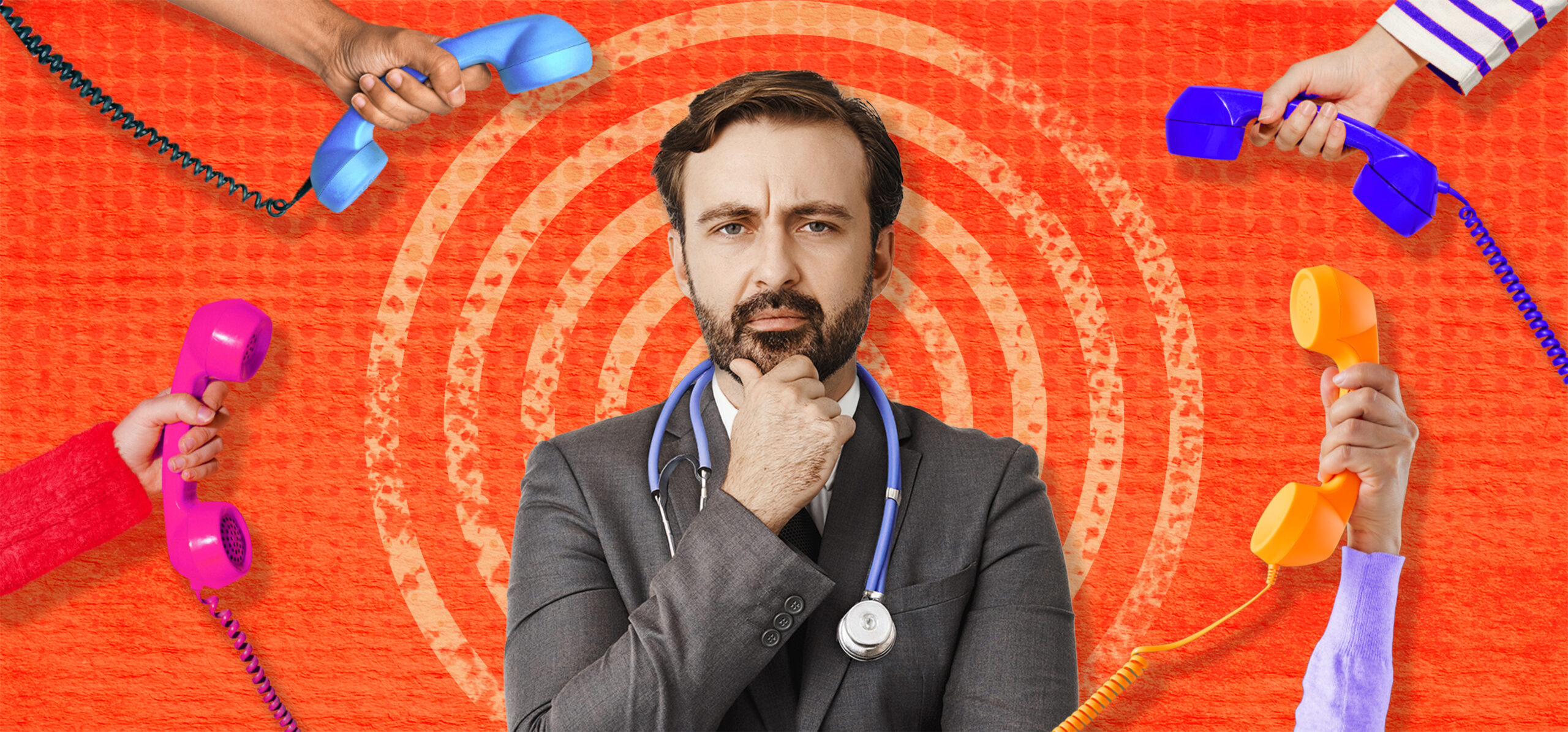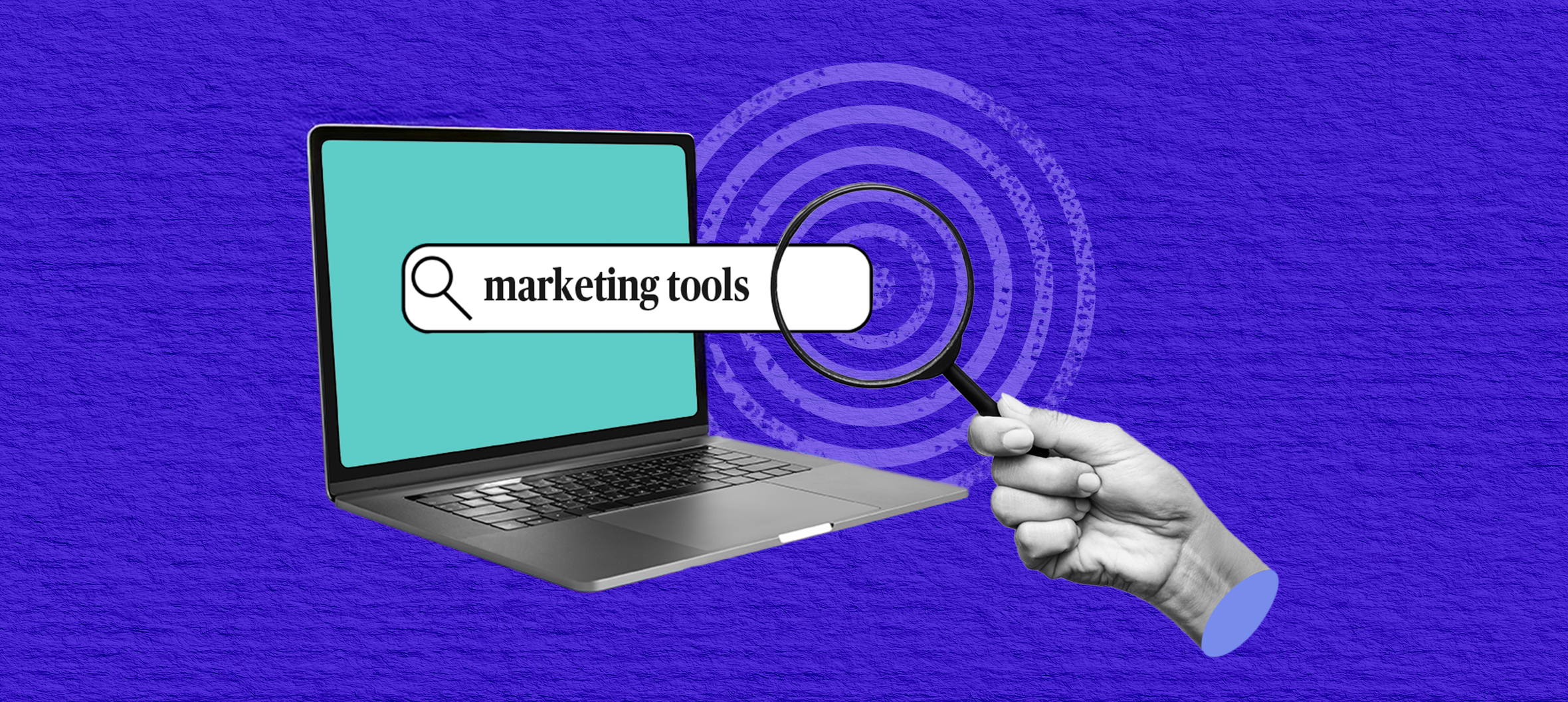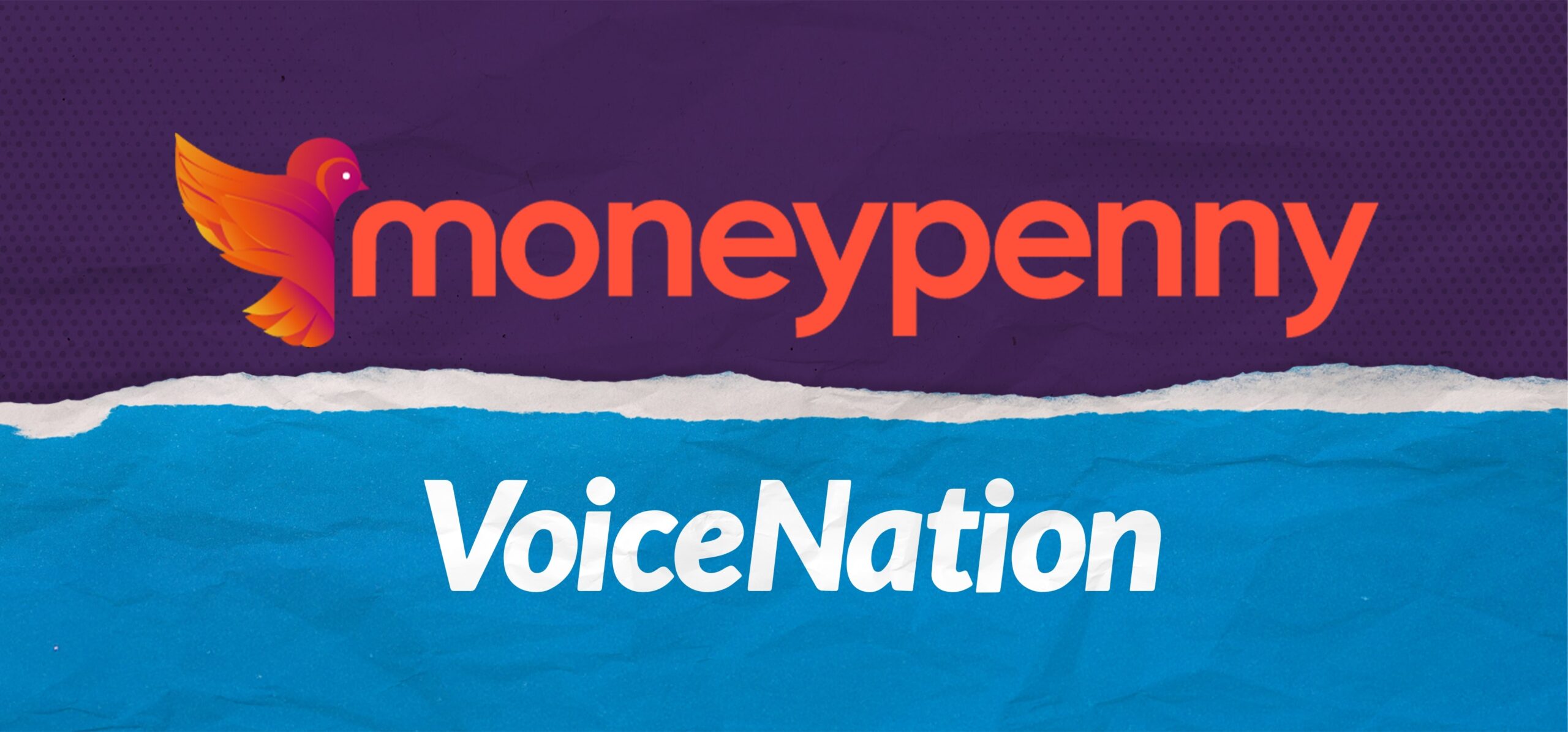Medical offices, we’ve spent the last few years avoiding and simultaneously thanking them for their existence. As a society during the pandemic, we recognized the vast importance of the work the staff as a whole does and the vital necessity of our medical community.
However, as the pandemic has transitioned into an endemic, medical office workers are not receiving the same praise and empathy they previously did. Yet with 84% of Americans seeing a medical provider each year, the need for medical care is clearly still there.
When people are calling around to find providers, their experience when someone picks up the phone matters. This experience puts you against other competing providers in the area and calls for the need for medical offices to improve their receptionists’ customer service skills. Yet, with the rising costs of recruitment, training, and general resources, it’s hard to figure out how to improve these skills affordably. Phone scripts are a simple and easy way to explore that improvement.
Why do medical offices use phone scripts?
As mentioned, phone scripts are a simple way to start improving customer service skills. The scripts work by creating a sense of uniformity and consistency that ensures that the audience is receiving the expected experience each time the phone is answered.
In the case of medical offices, phone scripting is used not only for consistent encounters- but also to ensure that the right information is being collected throughout each call. Whether it’s taking appointments, gathering key insurance demographics, or vital medical symptoms, you want your receptionists to equip your other medical office professionals with the full picture every time.
When the right questions are asked consistently, your office’s efficiency can greatly improve – making for very happy medical assistants, physicians, and billing office staff. But creating the perfect scripts doesn’t come without its own challenges, learn about five key ways to improve medical office phone scripting effectively.
Five ways to improve medical office phone scripts
Utilizing phone scripts in your medical office can be helpful and provide structure and consistent information collection, but they can come with their own challenges. The main challenge is leaving the potential patient with a lack of human touch from sticking too firmly to a dry script, thus which can create a negative rather than the positive customer service effect that’s desired. When it comes down to it, healthcare offices are still a business, and your patients are your customers. Your office still needs to stand out amongst the competition.
Check out five different ways that scripts can provide the consistency, structure, and customer service your healthcare office needs.
- Use a client’s name: Dale Carnegie, one of the business world’s most influential leaders, believed deeply that remembering and using someone’s name is a simple, no-cost way to make a better impression on people and connect with them in a more meaningful manner. By implementing this small practice on the phone, your patients will feel that small, but incredibly impactful, connection. Add in [patient’s name] throughout the phone script to ensure that the receptionist is making this connection multiple times throughout each call – in turn, you may find it starts to come naturally to them as they answer and interact with patients.
- Smile while talking: Continuing to follow the good advice of Carnegie, a smile is another simple customer service tactic that leaves an impact. Despite the fact that your receptionists and patients aren’t face to face, a smile can still influence the conversation. When you smile, your attitude and tone change. A good tone and general conversational attitude can create a more trusting atmosphere and create a bond between the office and the patient that matters. At the top of each of your medical phone scripts, include a note to think of something happy and try to smile throughout the conversation when possible to create this lasting energy, even over the phone.
- Exercise patience and provide answers: Let’s face it, most medical offices’ phones aren’t ringing to tell them what’s going right – most of the time, patients are calling with medical or billing issues that need to be resolved. For medical receptionists, answering all of the questions or handling challenging conversations can be difficult. For your phone script, build in as many next steps as possible for a variety of common challenges and guidance to be patient and listen to the patient’s concerns. In many cases, the patient just wants to be heard. In the case of answers, even writing in a prompt to provide a follow-up date and time can be an effective way to provide a temporary answer within a general phone script.
- Don’t hang up first and always answer: Pairing with the above, it’s best to provide guidance to not be the first to hang up the phone. When writing your phone scripts, encourage the receptionist to ask if they can help with anything else and provide the next steps for the patient to expect. These steps should be fairly standard and easy for you to scribe. Then, this is more your responsibility than your receptionists – make sure that someone is always available to answer when a patient calls.
- Hire overflow answering services: As your receptionists cannot be in multiple places at once, that last bullet can be incredibly different to achieve. But answering the phone every time doesn’t have to be as challenging as it may seem. By hiring overflow answering services your phones stay answered day or night, even after hours, and your patients (or potential patients) aren’t left in their times of need. A medical office answering service can answer as your office, equipped with the same script and guidance as your workers- giving your patients that consistent experience they need. However, you want to ensure that the overflow call center services you hire are HIPAA certified, such as Moneypenny receptionists.
These suggestions are just a few tactics to implement into your phone scripts. Using these improvements can help set your office apart as a truly collaborative healthcare provider they can rely on.
The importance of a medical office receptionist and scripting
When you think about the front line of your office, most patients don’t start off a relationship with your office, or even continue it, without first calling in. Your medical receptionists are the first people that your patients, and potential new patients, are making contact with. They are the faces of your healthcare business. You need them, and their satisfaction is imperative to the success of your office.
Yet, despite the obvious importance that they represent, these vital employees are also subject to high turnover rates, and, as mentioned, they cannot be in multiple places at once. Addressing the high turnover rates, pay, training, and costs sit at the forefront. While medical office receptionists make on average $2 an hour more than the average receptionist, they still only bring in around $16 an hour depending on the tenure and location. This type of pay, while industry standard, can make loyalty and retention difficult unless paired with excellent benefits. Additionally, medical office receptionists average 40 years or older, meaning that many of these employees are often nearing retirement age – only adding to the turnover rate. This turnover leads to more recruitment costs, implementing more attractive benefits, and the costs of training.
With all of the rising costs of inflation, training and recruitment costs, benefits, and supplies, the cost of maintaining these valuable employees can skyrocket quickly. Yet, their frontline support stays critical to your business. By fine-tuning your phone scripts, you can help to reduce some of these costs and frustrations of training and consistency up front. However, the scripts don’t address all of the challenges that come with your healthcare office’s phones. The bottom line, your phones must stay answered.
And when the phones keep ringing, even when the line is busy or after hours, who’s going to pick up? Your office can only afford to hire and maintain so many healthcare receptionists. Try looking into overflow answering services to provide an affordable and reliable healthcare office experience for your patients, further supporting your valuable reception staff with extra hands you can afford and scripts they can trust.
How Moneypenny overflow answering services can improve your office
Your medical front office staff is extremely valuable, and Moneypenny recognizes that. We don’t look to replace your receptionists. Instead, our overflow answering services operate as an extension of your healthcare business.
We don’t require scripts, but our experienced 100% US-based staff works with our bespoke call handling software to replicate that consistency that’s critical to your patients and your staff. Our rigorous recruitment and training process ensures our people all know how to deliver outstanding service, every single time.



















